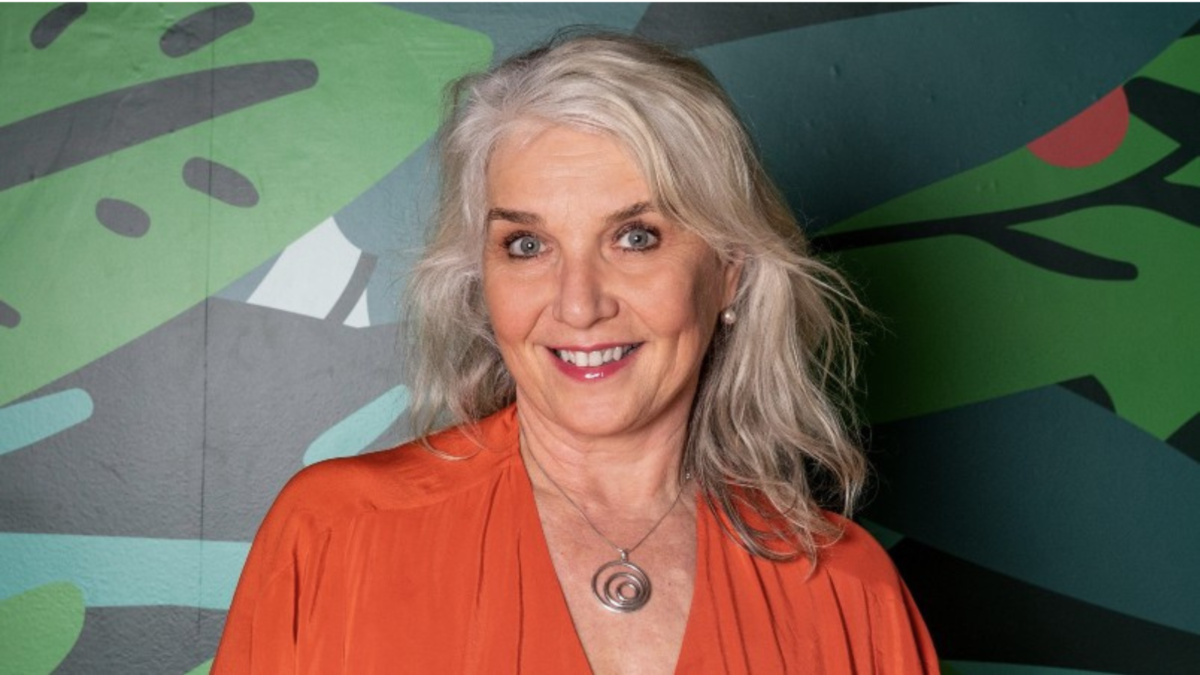Why Local Government Super went Active
As Frontier’s head of marketing Wayne Sullivan remarked in a previous article, the super fund marketing function has grown from one or two relatively junior people tucked into a backroom to “after the investment team, probably the most important team at a super fund, and very well resourced – in a pretty short period of time”.
Perhaps nowhere is that more clear than at Active Super, formerly Local Government Super, which was facing an existential threat: its member base was declining amidst confusion from existing members about whether they could retain their account after leaving the public service.
Chantal Walker (photo at top), a former head of marketing at Qantas Loyalty, joined Active Super as its new chief marketing and digital officer with a mandate to “reinvent the brand”. She was given no brief other than to source new members and not “completely alienate” the existing ones. Its member base was essentially wedded to the name; a name can be sacrosanct. After all, Walker says, you wouldn’t change the name of Qantas Super. But that wasn’t going to halt the demographic decline the fund was experiencing.
“The challenge we were finding was that when people left the local government, they were leaving the fund, because they assumed – wrongly – that they could no longer be a part of it,” Walker told ISN. “People on the outside looking in assumed – wrongly – that they couldn’t join LGS because they didn’t work in it. You were hit with this double whammy from a growth point of view.”
The project was an open slather. A lot of spit balling was around ESG and member focus. Walker looked at some “real funky names” – “Super Good Super” and “Happy Super” were briefly considered and then discarded. “Active” was a verb; it represented active management; it started with an ‘A’, which would put it at the top of any alphabetised list; and it was short, which made it easier to market. Since the rebrand, the fund has seen “net growth for the first time.”
“All the numbers indicate that it absolutely has worked,” Walker says. “We didn’t alienate the existing base. We are attracting new members from outside the industry. And we’re attracting younger members as well, which is fantastic.”
Active Super’s eye-catching ads now grace bus stops and signs. Walker wanted animation, knowing that using humans is tricky; people tend to be put off by ads that don’t represent how they look themselves. And humans are expensive because of talent fees and residuals. The ad was something that would appeal to everyone, and also emphasised Australiana through the flora and fauna it incorporated.
“If you think of the things that local government does – libraries, garbage collecting, road cleaning – it’s services that keep us all going. It’s very Australian, that community sprit that comes from the local government. And some of the councils do amazing work in sustainability. Our history is that community. We wanted to pay homage to that – it’s the ethos of Australia.”
Active Super’s rebrand represented one of the first shots in a new marketing war. As default distribution ends and stapling comes into effect, funds will have to fight harder to attract new members. Walker believes there are four areas in which they will differentiate themselves: performance, member-centricity (both of which she calls a ticket to play), fees and ESG.
And ESG might not be as fruitful in the future as it has in the past. There’s a problem with going “too green”, Walker says; at some point, those funds will “tap out” in terms of total addressable market for a 100 per cent ESG strategy. Many prospective members are still unaware that there is “no tax” associated with being green.
There’s also the “funkies” – the new wave of digital-first funds marketing themselves to younger members who want more control over how their super is invested.
“If you think about brands outside of the industry, what does Uber mean? It doesn’t mean anything, but it’s entered our lexicon,” Walker says. “There’s a lot of brands that don’t mean anything to start with but they spend enough money or give an amazing experience and it becomes part of the lexicon.”
“Brands don’t exist. Brands exist in people’s heads. They’re a perception. They have to give you the perception that you want to be associated with it. It’s like anything – the car you drive, the books you buy, the jeans you wear – it’s all about the perception of the brand.”
Active Super is now in merger talks with Vision Super to create a $30 billion combined fund. The real death match, in these cases, is usually reserved for the investment teams. This time around, and with both funds having invested heavily in their facelifts, it’s just as likely to be a battle of the brands.











